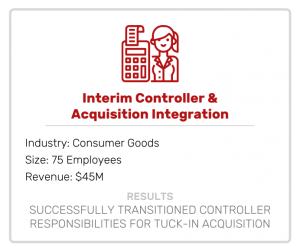
Let’s face it, we’ve all made mistakes when it comes to productive office communication. Communication skills are something we all must practice every day, since evidence shows that poor communication in the office can lead to stress and even drops in performance. Here are some expert communication tips to help you maximize productivity and create positive working relationships with your supervisors and peers.
Listening doesn’t seem like a communication skill, but it’s hugely important. If you’re not listing to your coworkers, then you cannot reasonably respond to what it is they’re presenting. Refrain from interrupting and make sure you’ve listened well enough to reflect on their points before launching into your response. This shows your coworkers that their thoughts and opinions are important to you – an essential step in productive communication. Once you have a reputation as a good listener, you’ll be surprised at how often you are approached for your own opinions.
To show your coworkers how well you were listening, paraphrase or summarize their major points and to repeat back to them. Not only are you reflecting their own words back to them, which helps them know they are understood, you are also giving yourself the necessary time to absorb their words before framing a response. Great ways to start this step include, “As I understand, you’re most interested in…” or, “So it seems you really value…”. If you’re unsure about something, you can turn this step into a question: “So, what you’re really concerned with is [blank], correct?” This approach gives them an opportunity to reconsider or refine their original statement. For more summarizing/paraphrasing ideas, click here.
Before launching into your part of the conversation, take a moment to empathize with your coworkers. Have you ever been in this situation before? Can you understand why they may feel confused or upset? If you can, say so! Just make sure you don’t take sides or place blame. Remember, your focus is a productive conversation, not perpetuating office gossip.
*Pro Tip: validation in the office can be used in any situation, and can create many opportunities for positive interactions that help build productive relationships. Giving praise, saying thank you, and acknowledging your coworkers’ contributions are great ways to validate any day of the week!
In today’s fast-paced business environment, it can sometimes be difficult to ask questions. It often feels like we should have made all of the important decisions yesterday, yet we barely understand them all the moving pieces. To help steer yourself and your coworkers in the right direction, ask questions that are relevant to the issue at hand and help your team elucidate the most productive strategies and solutions.
Do you need to delve deeper to truly understand how this may affect your business, or do you need to take a step back and think outside of the box? Do you need clarification, or do you need to refine a process? When your question has a specific objective and is geared towards a solution, you’ll be surprised at how well it is received. For a more complete discussion of the various types of questions, and how to ask them, check out this article in the Harvard Business Review.
Rather than react quickly to your immediate circumstances, always consider the big picture, and whether or not your words and actions are directly contributing to the success of your team as a whole. Avoid getting caught up in the small things that may distract or upset you, and focus on your team’s objectives. Work on finding solutions, even when there is a difference of opinion, so that you and your coworkers remain productive in a difficult situation. Maintaining your professionalism and positivity will make it easier for others to do the same.
Difficulties can arise at any time, in life as in the office. As long as you are focused on success of your team – with your actions, as well as your words – you’ll find yourself operating on an entirely different level of positive working relationships and enhanced productivity.